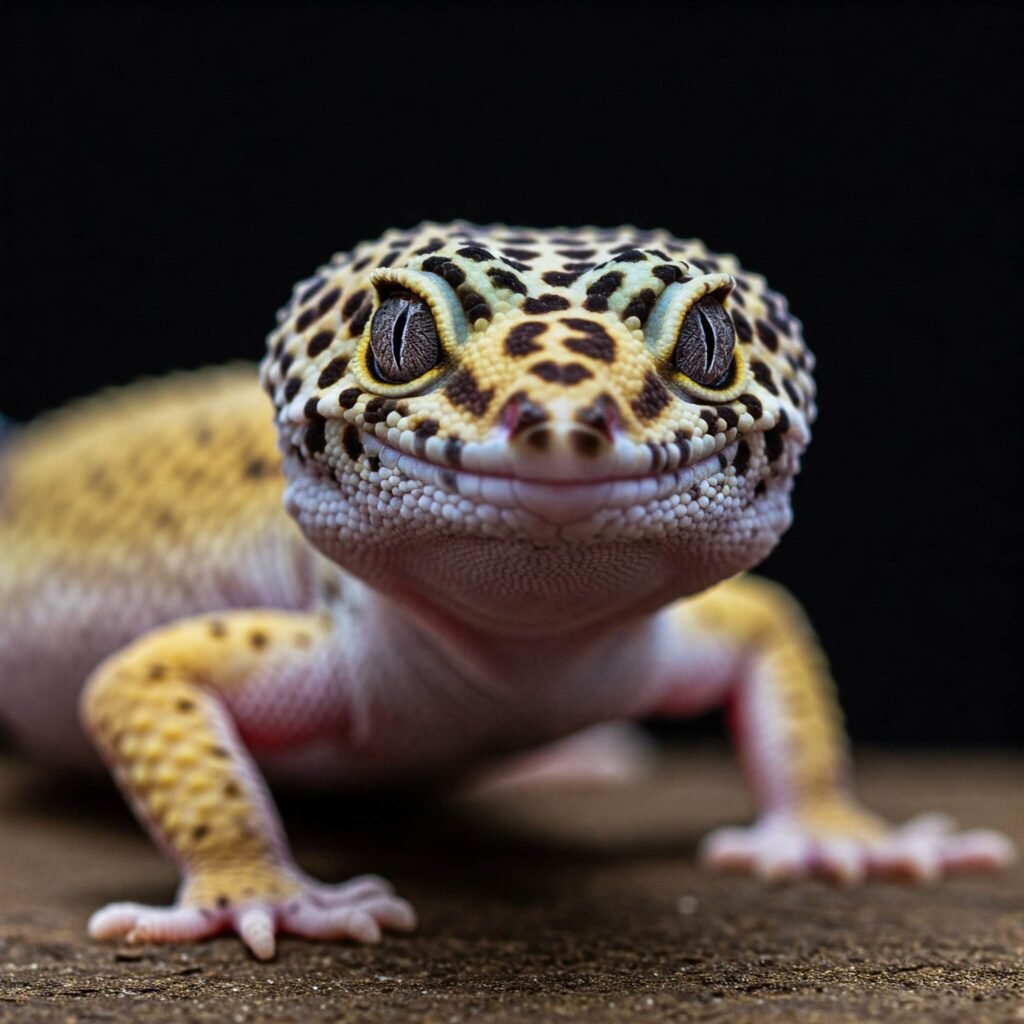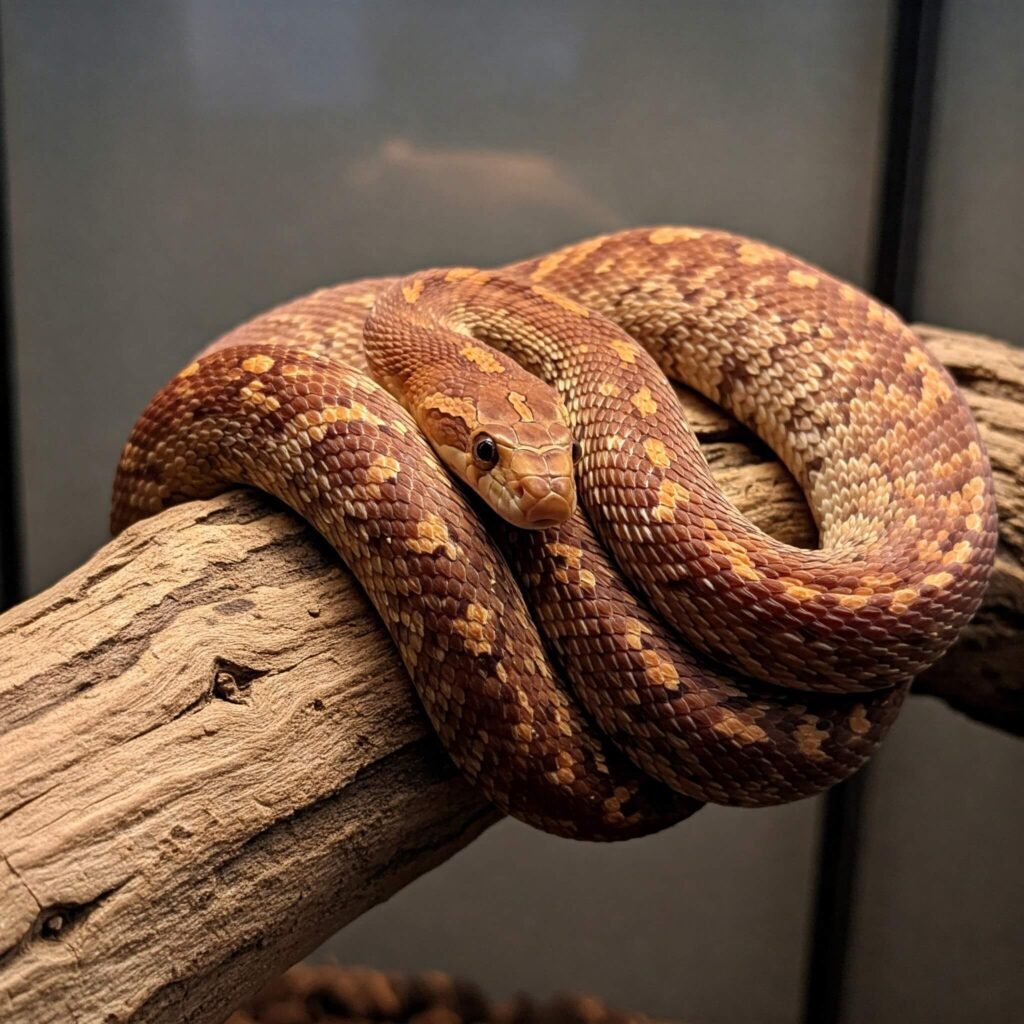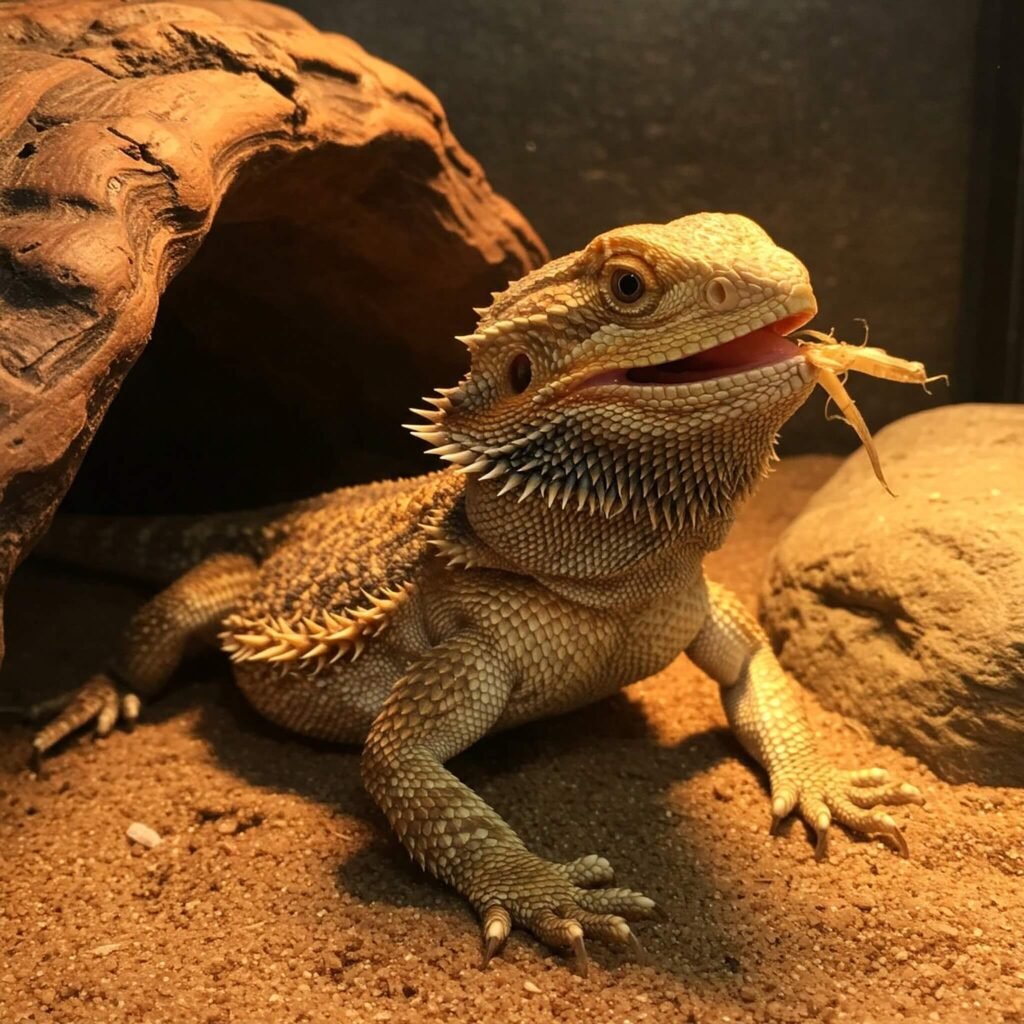Thinking beyond the usual furry friends? The world of exotic pets offers a captivating array of animals, each with its unique charm and care requirements. While state and even local jurisdictions significantly vary regulations, several fascinating exotic pets are indeed legal to own in the U.S. Therefore, this guide will explore some of these intriguing creatures, providing valuable insights into responsible ownership.

Understanding the Legality of Uncommon Pets
First and foremost, before diving into specific animals, it’s crucial to understand that a complex web of laws governs owning exotic pets in the U.S. Federal, state, and local regulations dictate which animals are permitted, require permits, or strictly prohibit them. Organizations like the United States Department of Agriculture (USDA) play a role in regulating certain species. Consequently, always research your local and state laws thoroughly before considering any exotic pet.
Fascinating Exotic Pets Legal in Some U.S. States
To illustrate, here are a few examples of exotic pets that some U.S. states allow. However, remember, this is not an exhaustive list, and legality can change. Thus, always verify with your local authorities.
Reptiles: Scaly and Captivating Companions
Reptile enthusiasts often choose reptiles as Uncommon Pets. Furthermore, they come in a variety of sizes, colors, and temperaments.
- Leopard Geckos ( Eublepharis macularius ): These small, docile lizards are, in general, relatively easy to care for, making them a great beginner exotic pet. Moreover, they come in numerous morphs (color variations) and have distinct personalities. [Placeholder for Image: A close-up of a colorful leopard gecko.]
- Corn Snakes ( Pantherophis guttatus ): People know these snakes for their beautiful patterns and, similarly, relatively calm demeanor. They are another popular choice for reptile enthusiasts venturing into exotic pets. Additionally, they are manageable in size and have straightforward care requirements. [Placeholder for Image: A vibrant corn snake coiled on a branch.]
- Bearded Dragons ( Pogona vitticeps ): These Australian lizards are known for their friendly nature and distinctive “beard” that puffs out when they feel threatened or excited. Therefore, they are interactive and enjoy basking under heat lamps, making them engaging exotic pets. [Placeholder for Image: A bearded dragon basking on a rock.]
Small Mammals: Furry and Fun

- Sugar Gliders ( Petaurus breviceps ): These small, nocturnal marsupials are known for their gliding membrane, which allows them to “fly” between structures. As a result, they are social animals and often thrive in pairs or groups, making them unique exotic pets. You can learn more about their care from resources like the Sugar Glider Association.
- Ferrets ( Mustela putorius furo ): While people have domesticated ferrets for centuries, some regions still consider them exotic pets. Indeed, they are curious, playful, and require significant interaction and enrichment. The American Ferret Association offers valuable information on their care.
Amphibians and Invertebrates: Unique and Low-Maintenance
For those seeking less conventional Uncommon Pets, amphibians and invertebrates can be fascinating options. In contrast:
- Pacman Frogs ( Ceratophrys cranwelli ): These large, round frogs are known for their voracious appetites and vibrant colors. Furthermore, they require a humid environment and are relatively low-maintenance in terms of interaction, making them interesting exotic pets.
- Giant African Land Snails ( Achatina fulica ): In some areas, people can legally own these large snails. Specifically, they are relatively easy to care for, requiring a humid enclosure and a diet of fresh vegetables. However, be aware of their potential invasiveness if released into the wild.
Responsible Ownership of Exotic Pets

- Research: Thoroughly research the specific needs of the animal, including diet, habitat, temperature, humidity, and potential health issues.
- Legality: Double-check all local, state, and federal regulations to ensure ownership is legal in your area.
- Commitment: Exotic pets can have long lifespans. Thus, be prepared for a long-term commitment and the associated costs.
- Veterinary Care: Finding a veterinarian experienced in treating Uncommon Pets can be challenging and potentially more expensive.
- Ethical Sourcing: Ensure you are acquiring your exotic pet from a reputable breeder or rescue organization to avoid contributing to the illegal wildlife trade. Organizations like TRAFFIC work to combat this issue.
Conclusion: Exploring the World of Exotic Pets Responsibly
The world of exotic pets offers a unique and rewarding experience for dedicated and responsible owners. By understanding the legal landscape, thoroughly researching the needs of specific animals, and committing to their long-term care, you can responsibly enjoy the companionship of these fascinating creatures. Ultimately, always prioritize the animal’s well-being and ensure you are complying with all applicable regulations.

